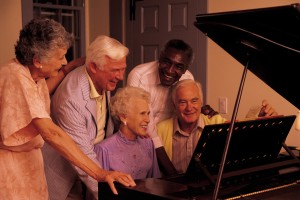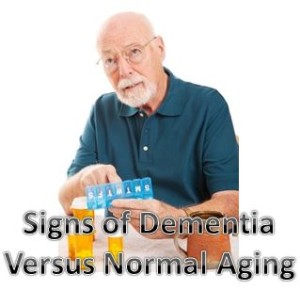Valentine’s Day Gifts for Seniors
Give the Gift of Love
Valentine’s Day is a time dedicated to expressing love. Our aging loved ones may not be first on our minds at this holiday, but taking a moment to show them we care can make a big difference. Holidays can bring up feelings of loneliness, especially for those who have lost spouses and friends or had physical and emotional losses. An elder who lives in a group setting such as an Assisted Living facility may be surrounded by others, but this does not necessarily prevent feelings of loneliness or grief. Some of the best Valentine’s Day gifts for seniors are the gifts of time and attention.
Showing you care is probably the most meaningful senior Valentine’s Day gift you can give. Here are some special things you can do on Valentine’s Day to show your love to elderly relatives/friends:
- Plan a special outing (it doesn’t necessarily have to be on Valentine’s Day itself to be a Valentine’s Day celebration). You can plan an appropriate outing based on your loved one’s situation, such as a short lunch, getting a manicure together or attending a fun event. Our EasyLiving senior concierge service provides caregivers to help with the logistics like getting in and out of the car, to the bathroom, driving, etc.
- Prepare a special treat. Bring a home baked goody to your loved one or take a favorite dish to share. Homemade gifts are always appreciated on Valentine’s Day or anytime, especially by elders who don’t do a lot of cooking anymore or live in a care facility. Live at a distance? Send a “care package” or you can give caregivers a favorite family recipe to make for or with your loved one (our EasyLiving caregivers often do this!).
- Simply make a visit. Set aside some time to visit without being rushed or having tasks to complete.
- Set up a call or Skype/Facetime session with family members at a distance. What great fun for an elder on Valentine’s Day to be able to chat with and see grandchildren who live in another state!
- Send a nice card with a handwritten note. Acknowledge what the elder has meant in your life or share a special memory you have of time together.
- Send/provide kids’ artwork or family photos. These make a great addition to the environment and really personalize a space. Our clients often proudly show us the latest pictures of their grandchildren and love sharing news about the family with their caregivers. There are many different personalized photo gifts you can create as well, from photo books to mugs, bags and more.
- Check out our special Valentine’s Gift Guide for Seniors for specially selected elder-friendly gifts with direct links (click on the product picture) so you can easily purchase the products. Our team has chosen gifts that solve various concerns that come up for clients as they age, so each of these will enhance quality of life for those you love. Enjoy!
Taking a little time to share your love this Valentine’s Day can mean so much to elder loved ones and friends. Contact us if we can help with ideas or any of the services mentioned above! We can help plan a special Valentine’s Day event, but we can also help you with generally making sure your loved ones have the quality of life they deserve.
Isolation and loneliness disproportionately affect seniors, especially those suffering ill health and limited mobility. The need for companionship and meaningful relationships is universal in all ages. Coming up this month, we’ll be co-hosting a screening of The Age of Love and sharing a lot of great information and tips about companionship and relationships in later life. Stay tuned!


 nd it is associated with maximum independence/choice.
nd it is associated with maximum independence/choice.


 Popular Downloads
Popular Downloads


 Get Our Newsletter!
Get Our Newsletter! Mission Statement
Mission Statement

